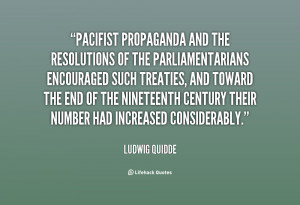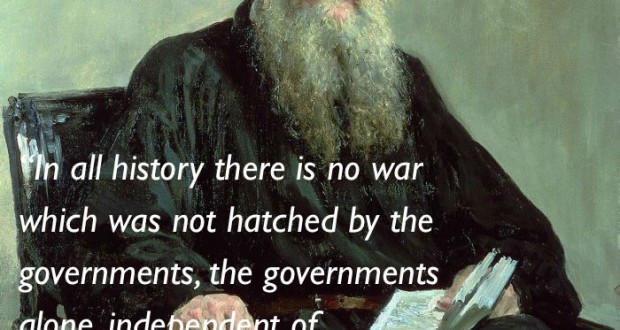
The dug-outs have been nearly all blown in, the wire entanglements are a wreck, and in among the chaos of twisted iron and splintered timber and shapeless earth are the fleshless, blackened bones of simple men who poured out their red, sweet wine of youth unknowing, for nothing more tangible than Honour or their Country’s Glory or another’s Lust of Power. Age 20, Roland writes her a letter from the trenches explaining how the actual facts of war make patriotic descriptions of it seem farcical: The portrait of Brittain’s fiance, Roland, and his commonplace, meaningless death, is devastating. She begins the book studious but naive, living mostly for her schoolwork, but her war experiences turn her into a fierce pacifist activist, and when she returns she is frustrated by the obliviousness of those who have not experienced the war firsthand. Brittain lost some of her closest loved ones during the war: Both her fiance and her brother were killed on the battlefield along with two of her dear friends. She served as a Voluntary Aid Detachment nurse during the war, leaving a comfortable life at Oxford University to tend to the gassed and mutilated men of the trenches. Testament of Youth chronicles Brittain’s life before, during, and after World War One. I don’t think it’s easy to come away from Brittain’s book without sincere respect for the pacifist stance. But I’d recommend that anyone tempted to hiss at pacifism pick up a single book, Vera Brittain’s memoir Testament of Youth. I don’t find this picture of pacifism remotely fair, though I understand the logic that produces it.
#PACIFIST MEANING FREE#
A pacifist is a coward who wants the luxury of denouncing as murderers those upon whom his free speech depends. You wouldn’t shoot Hitler? You wouldn’t save your family from an intruder? You would simply stand there and watch as atrocities unfolded, even if you could do something about it? The pacifist is confronted with examples of “just wars” where fighting would seem a moral necessity, and pacifists seem like “moral free loaders” who require other people to do the dirty work of fighting to keep them safe, while the pacifists maintain their purity. If we think pacifism means “an absolute commitment to nonviolence,” such that the pacifist has vowed never to take up arms under any circumstances against anybody, then it’s easy to come up with hypotheticals where pacifism seems perverse.


You can see how someone can come to despise pacifism. Sam Harris wrote that pacifism is “deeply immoral.” This Huffington Post writer says she feels no need to respect the opinions of any self-described pacifist, because they are illogical and indefensible and abet the rise of terror and fascism. George Orwell said pacifism was “objectively pro-fascist,” and many believe he was exactly right. In fact, I sense that the term has become somewhat embarrassing. People who dislike pacifists really dislike pacifists.


 0 kommentar(er)
0 kommentar(er)
